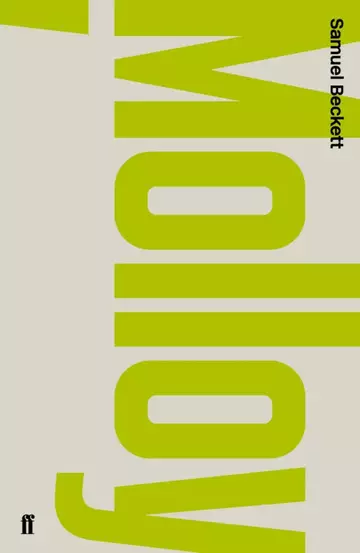
Molloy
Molloy
Violence
Marginalisation
Subjectification
Identity
By: Paul Stewart
Article in the conference collection What is the Political Novel? Defining the Genre, published in June 2025 at Open Research Europe.
The political novel might be defined in terms of “genre,” or a novel’s overt intervention within a pre-established political field. However, this chapter contends that the process of personal individuation and incorporation within the State (or polis) is the fundamental operation of the political within the novel as a form. In order to sketch out the parallel, and paradoxical, operation of becoming an individual subject at the same time as, and in relation to, incorporation into a wider social state, this chapter examines how Samuel Beckett’s Molloy (1951) plots the resistance of its eponymous protagonist against both benign and coercive attempts to (a) define him as an individual, and (b) to assimilate him into the social body on that basis. Drawing on the works of Aristotle, Agamben, Bersani and Rancière, the chapter focuses on Molloy’s methods of avoidance of becoming a state-recognised and state-sanctioned subject and reads this avoidance as a form of resistance to the established polity. It is argued that Beckett’s non-relational art, of which Molloy is an early example, raises important theoretical issues concerning the interconnectivity of the political and the novel at a fundamental level. If the novel is dependent on just the sort of process that Molloy resists – that is on claims of individuality and relation –, can the novel as a form actively resist the political and resist assimilation and incorporation into a pre-established polis?

Violence
Marginalisation
Subjectification
Identity
Politics of literature • Political novel
This Collection brings together selected contributions to the first annual CAPONEU conference, which took place in Berlin from 27 to 29 September 2023. The participants discussed a variety of understandings of the political novel as a (tentative) genre. They combined approaches to defining the political novel that are characterised by genre theory with those that are shaped by the history of the genre, thus also paradigmatically illustrating this changeable category in relation to specific novels that have emerged in heterogeneous contexts. The Collection was published on the Open Research Europe platform (open access).
Scholars
Students
Writers, translators, publishers, literary critics